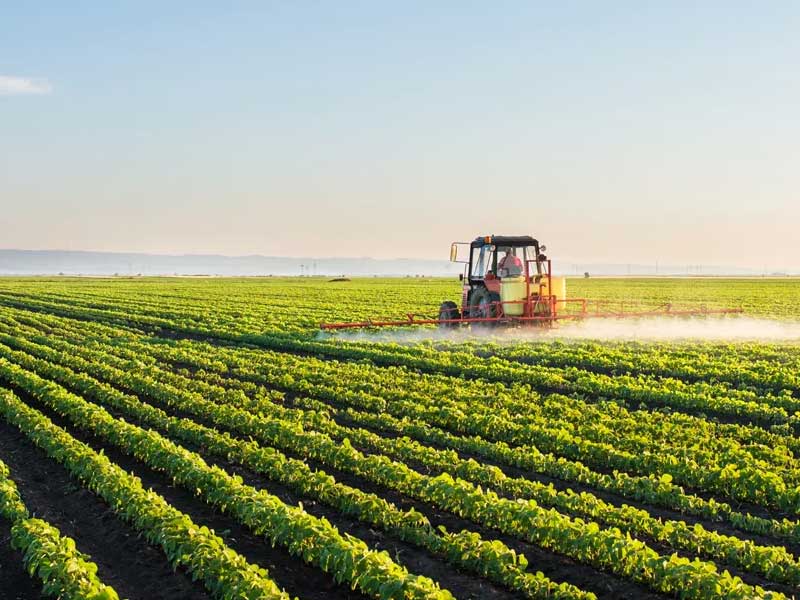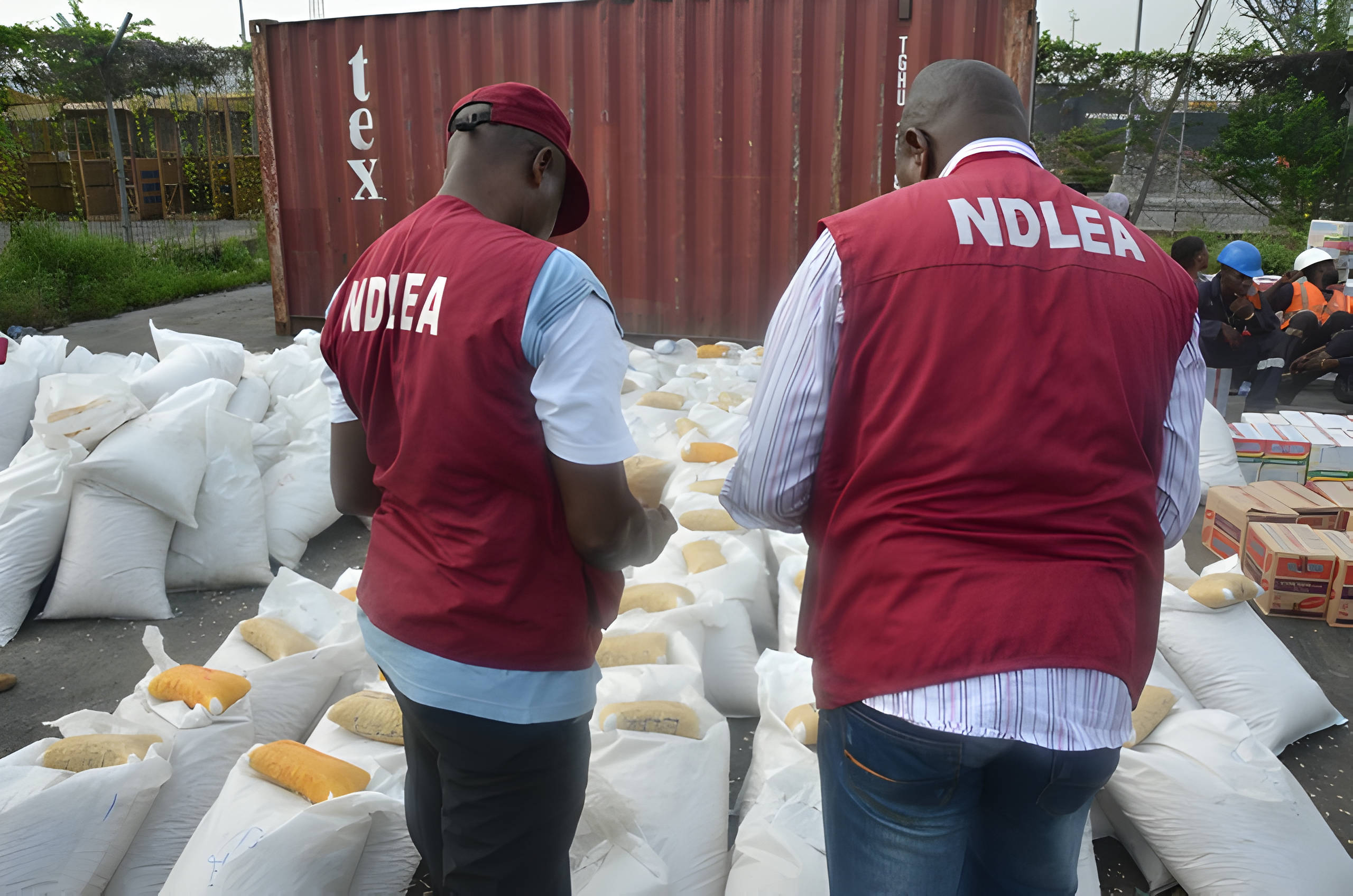* Nigeria offers substantial opportunity to local and foreign investors to boost agricultural productivity – VP
By Nudoiba Ojen
The Federal Government has disclosed plans to ensure each of the 774 local government areas in the country will have farm centres.
The Vice President, Kashim Shettima, who disclosed the Federal Government plan to put in place, mechanised farm centres in all the council areas, said the programme would help to guarantee food security.
He said, “We are helping our farmers increase production and providing essential infrastructure for industries in peri-urban areas to expand their capacity. This is the wisdom for our resolve to establish Mechanisation Service Centres in all our 774 local government areas to facilitate essential primary production services”.

The VP made the disclosure at the Norman E. Borlaug International Dialogue, Iowa, United States of America, while on a mission to woo investors to Nigeria. The theme of this year’s edition is ‘Harnessing Change’.
The African Development Bank’s World Food Prize-facilitated Norman E. Borlaug International Dialogue, called the ‘Borlaug Dialogue’, is a gathering of individuals from more than 65 countries fully prepared to address cutting-edge issues related to global food security and nutrition.
Shettima said Nigeria remained the best place to invest, “with about 70 million hectares of under-utilised arable land, which is 75 per cent of our total land area”, noting that the country offers a substantial opportunity to both local and foreign investors to boost agricultural productivity.

The Vice President further stated that in order to create profound economic opportunities for investors, the country had enabled interventions such as the “National Agriculture Growth Scheme (NAGS), the Technologies for African Agricultural Transformation (TAAT), the Livestock Productivity and Resilience Support Project (L-PRES), the Green Imperative Project (GIP) and the Special Agro-Industrial Processing Zones (SAPZ) programmes.
He said, “We are already collaborating with institutions such as the African Development Bank, the World Bank, the International Fund for Agricultural Development (IFAD), the Islamic Development Bank, and the United States Agency for International Development (USAID), to achieve food and nutrition security in Nigeria and beyond.

Shettima noted that “there are substantial opportunities in Nigeria for local and foreign investors to boost agricultural productivity. Our primary objective is to empower our farmers and attract investors. We are increasing primary production to harness the economic potential of agro-processing and industrialisation.
“This is why, upon assuming office, the President declared a state of emergency in agriculture. We’ve also introduced a range of tax incentives, including tax holidays, deductions for locally-sourced materials, labour incentives, and pioneer status incentives, making it easier to conduct business.

“Notably, we’ve opened the doors to foreign investors, allowing them to have 100% ownership in companies and repatriate their profits and dividends without hindrance. Because we believe that import rules are a significant factor, we’ve established a policy of zero duties on agricultural machinery and imposed restrictions on certain agricultural commodities to stimulate local production.
“Notably, we’ve opened the doors to foreign investors, allowing them to have 100 percent ownership in companies and repatriate their profits and dividends without hindrance”, he said.
The President, World Food Prize Foundation and former US Ambassador to China, Terry Branstad, had made reference to Shettima as a “rare African statesman whose leadership qualities, loyalty as well as sense of commitment to nationhood and development can best be described as legendary”.





